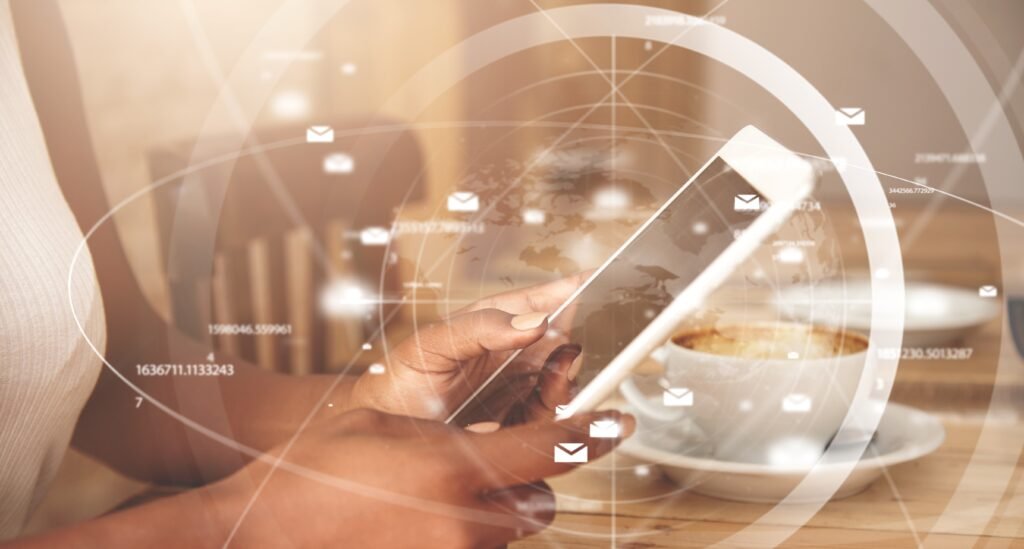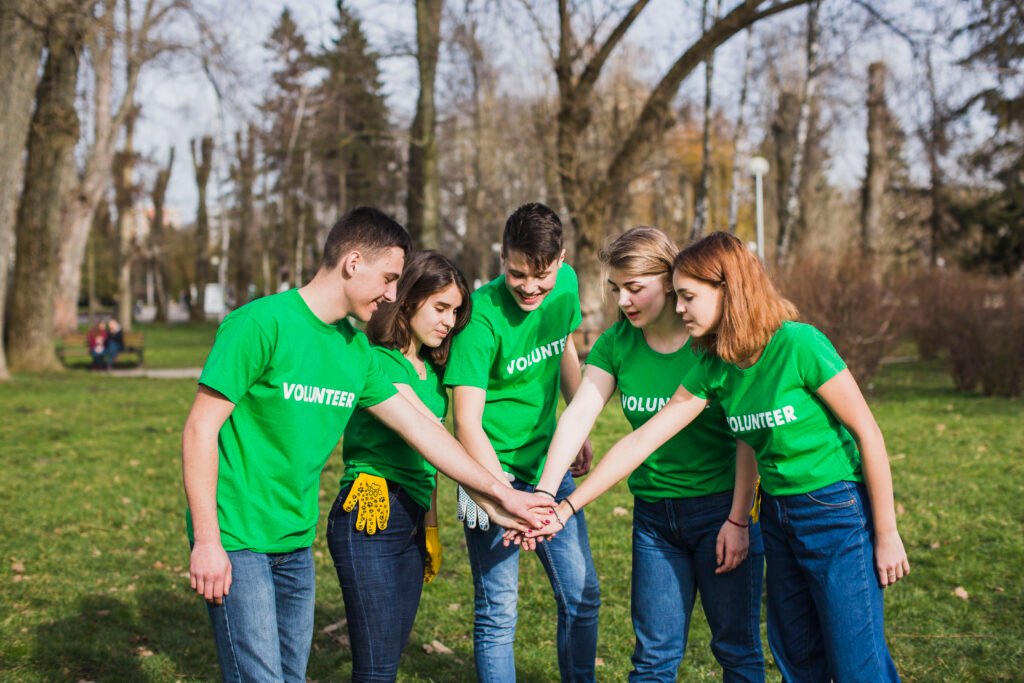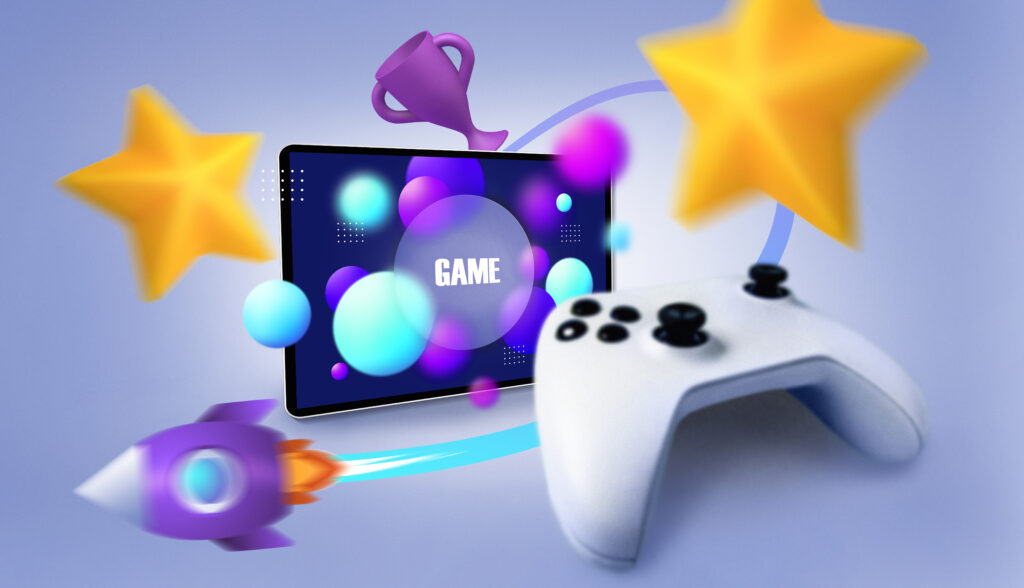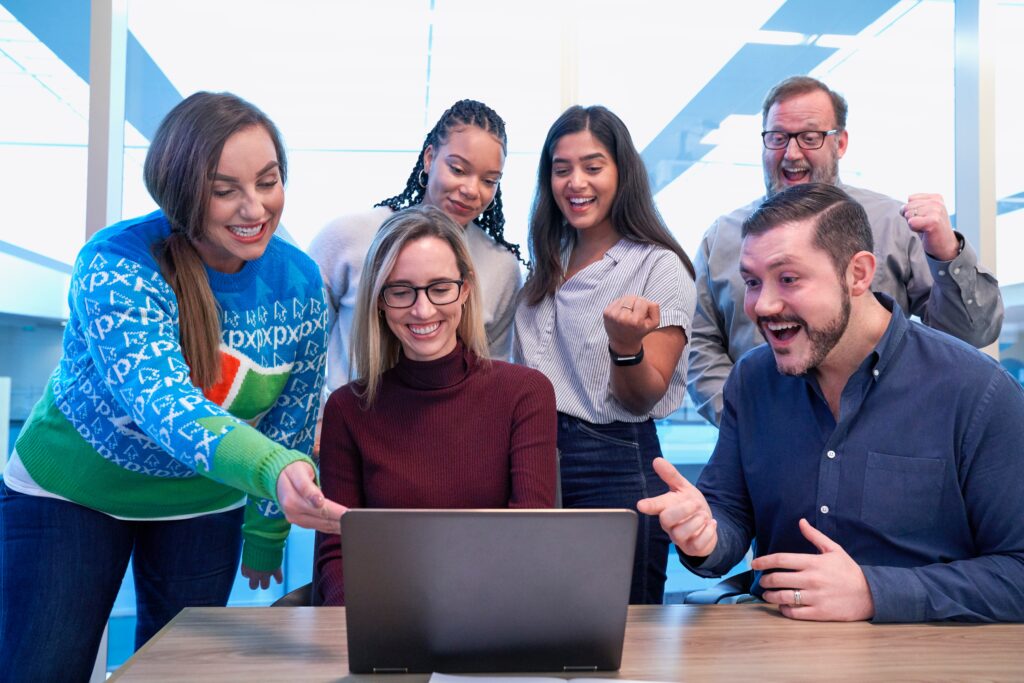Kick-off meeting in Madrid
The small-scale Erasmus+ project ‘EmpowerSDGs: Gaming for Global Impact’ got off to a great start with a kick-off meeting held in Madrid, Spain on 21 and 22 February. This meeting marked the beginning of an ambitious effort to promote the social inclusion of young minorities, while advancing the UN’s 17 Sustainable Development Goals (SDGs) through…

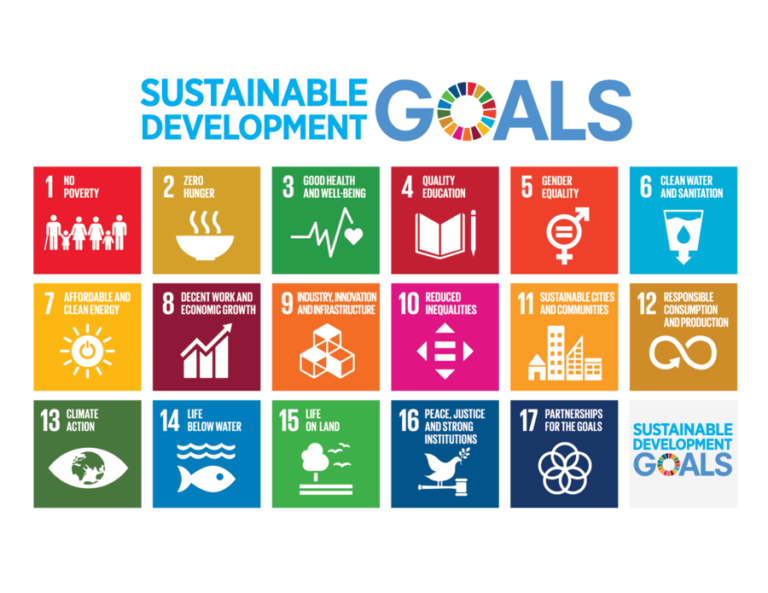
 Spain
Spain Greece
Greece




